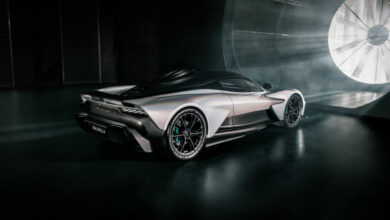General Motors Is Ditching Internal Combustion Entirely
In a move that surprised even me, a professional cynic, GM has just announced that at some time in the future (not immediately, thank God), they’ll be abandoning internal combustion. Period. Gonezo. No more mass-murdering ignition switches. The prophecy cometh true.
The first step on the road to getting rid of all the GM cars we like is to introduce two new electric ones next year, and a whopping 18 new electric models by 2023. Since it’ll take them at least six years to get that far, you can rest easy knowing that GM ICEs are at least safe for now.
GM’s announcement comes hot on the heels of those by Jaguar and Volvo (among others), who are also committed to electrifying their entire lineups in some way over the next few years. GM is not only interested in pure electric cars, but is also developing a new platform for hydrogen cars, likely relying on other companies like Toyota to figure out the infrastructure for when they want to sell hydrogen cars anywhere beyond the Bay Area.
GM’s strategy for actually making an electric lineup profitable (it loses massive amounts on the EVs it sells now) is much the same strategy Tesla employs–a combination of pushing the technology to its limits while also letting batteries and motors get cheaper and more efficient organically as other companies work toward the same goal.
It’s also crucially important for GM to get as far as they can with electric cars now, because the primary barrier to many drivers is still charging infrastructure; if you don’t have a Tesla, you have little choice in most of the country but to charge at home. If a new charging standard emerges for everyone else to use, it would be enormously helpful for GM to have a line of cars ready to implement it–or they might even design their own.
So, your Corvette is safe for now, but beware–the mid-engined version might come with batteries in the trunk.



